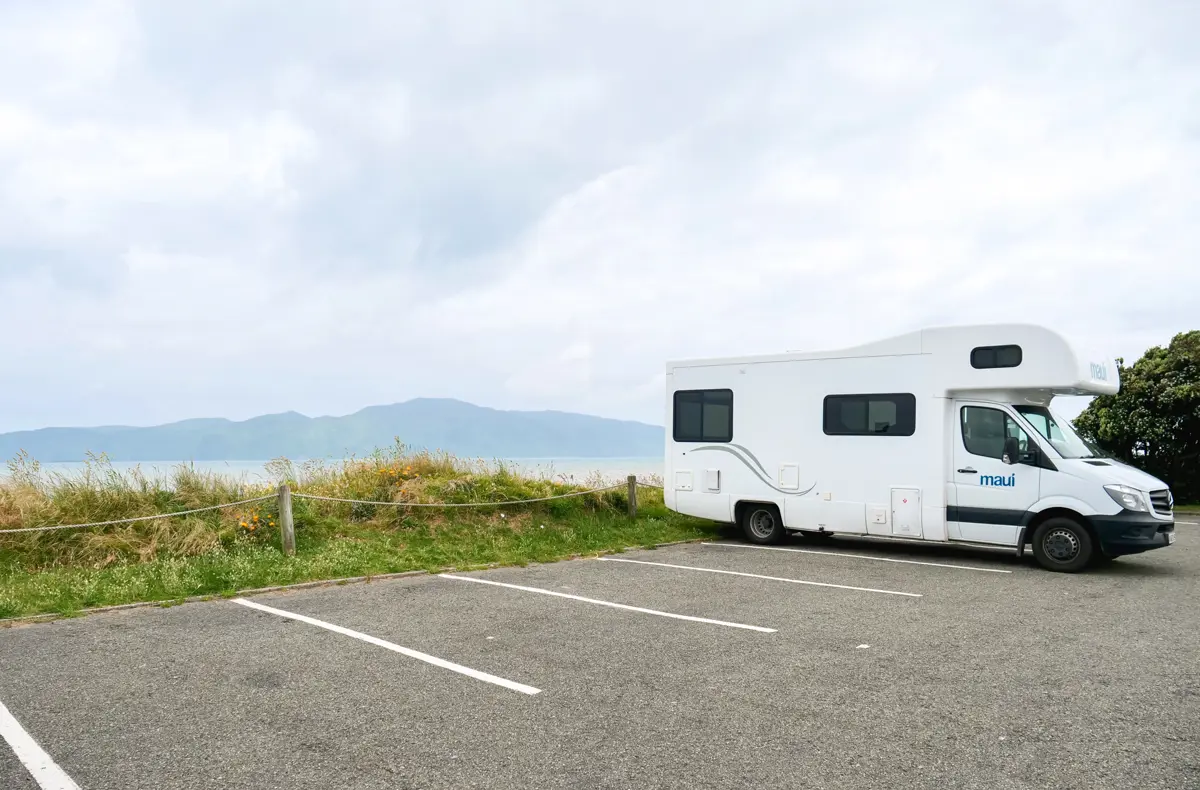- About Council
- Have your say
- Contact us
- Job vacancies
- Partners and advisory groups
- News and information
- Meetings
-
Plans and reports
- Annual and Long-term Plans
- District Plan
-
Council strategies and plans
- Long-term Plan strategies
- General strategies
- Reserve management plans
-
Draft strategies and policies
- Freedom camping policy review
- Culture and creativity strategy
- Local alcohol policy
- Supporting the health of our community
- Environment Strategy
- Updating our 10-year walking and cycling network plan
- Completed – Emissions reduction strategy
- Completed – Smokefree policy
- Completed – Gambling policies
- Completed – Speed Management Plan 2023–33
- Completed – Stormwater management framework
- Completed – Open space strategy
- Completed – Growth strategy
- Completed – Workforce plan
- Council policies
- Bylaws
- Reports
- Resources and reference materials
- Services and Requests
- Projects
Freedom camping policy review
We’re reviewing our Freedom Camping Policy 2012. This review will enable recent changes to central government legislation to be reflected alongside other changes to help better manage freedom camping in our district.
Freedom camping (also known as responsible camping and sustainable camping) involves using a tent or motor vehicle to camp within 200 metres of a formed road or the beach. You can see a more precise definition in the Freedom Camping Act 2011, or at Sustainable camping in Kāpiti.

Our policy
Our current Freedom Camping Policy aims to manage freedom camping on the Kapiti Coast to:
- ensure a good freedom camping experience
- reduce noise complaints and environmental damage
- reduce conflicts with local residents and recreational users
- ensure people’s health and safety.
This is achieved by:
- encouraging responsible camping across our district
- designating sites where self-contained motor vehicles can park (with time restrictions).
The review will also consider the need and use of a bylaw under the Freedom Camping Act 2011 as a mechanism to help better manage and enforce freedom camping in our district.
Stages
As part of our review process we are working through the following stages.
Stage one: Early engagement, evidence gathering and analysis (March-August 2024)
We’re gathering data and information from a range of sources to build a picture of freedom camping in our community. This includes:
- data from a camper survey we undertook in 2023
- our service request history
- site monitoring statistics
- tourist visitor data.
We’ll look at other related information, including plans and strategies, and best practice across Aotearoa New Zealand.
We’re engaging with mana whenua and our key stakeholders to gain multiple perspectives on freedom camping in our community, and not just on Council-owned land.
We’re also carrying out a stocktake of Council land with a freedom camping lens.
Stage 2: Draft options for consultation (September 2024–January 2025)
Once we’ve finished our initial groundwork, we’ll identify issues and options and proposed changes for Council to consider for consultation, including the potential use of a bylaw.
Stage 3: Consultation and hearings (April–May 2025)
We’ll undertake one month of public consultation on the proposed changes. This will be followed by hearings where submitters have the opportunity to speak to Council on their submission.
Stage 4: Proposed changes and adoption (early–mid 2026)
Following public consultation and hearings we’ll analyse submissions and propose any further changes for Council to consider adopting a final policy.
Stage 5: Implementation (before summer 2026/27)
Following adoption, work will be undertaken to support and implement any changes agreed by Council.